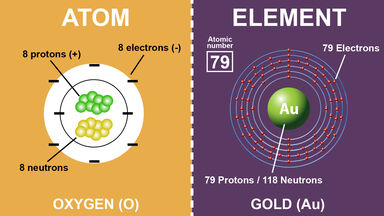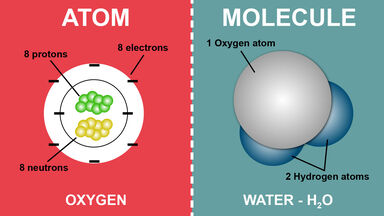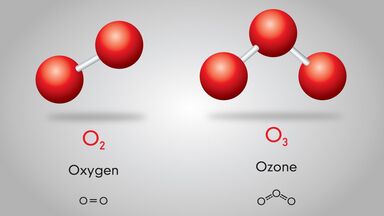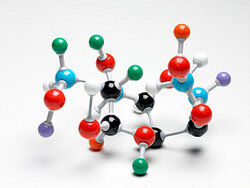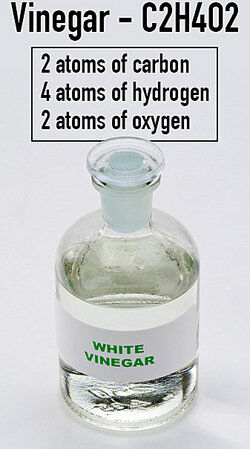Atom Definition
ătəm
atoms
noun
atoms
A part or particle considered to be an irreducible constituent of a specified system.
American Heritage
Any of the indivisible particles postulated by philosophers as the basic component of all matter.
Webster's New World
The irreducible, indestructible material unit postulated by ancient atomism.
American Heritage
A tiny particle of anything; jot.
Webster's New World
An extremely small part, quantity, or amount.
American Heritage
Antonyms:
idiom
the atom
- nuclear energy
Webster's New World
Other Word Forms of Atom
Noun
Singular:
atomPlural:
atomsIdioms, Phrasal Verbs Related to Atom
- the atom
Origin of Atom
-
Middle English attome from Latin atomus from Greek atomos indivisible, atom a- not a–1 tomos cutting (from temnein to cut tem- in Indo-European roots)
From American Heritage Dictionary of the English Language, 5th Edition
-
From Middle French atome, from Latin atomus (“smallest particle”), from Ancient Greek ἄτομος (atomos, “indivisible”), from ἀ- (a-, “not”) + τέμνω (temnō, “I cut”).
From Wiktionary
Find Similar Words
Find similar words to atom using the buttons below.
